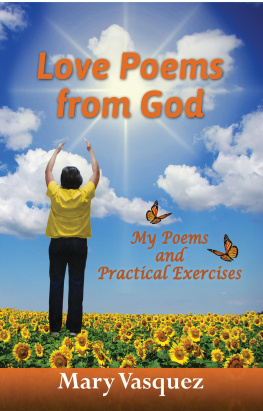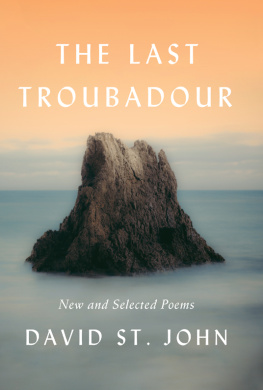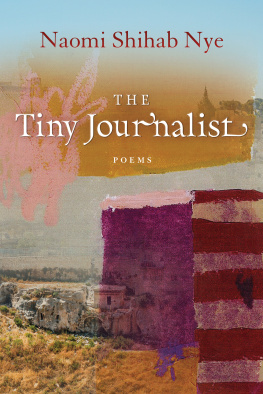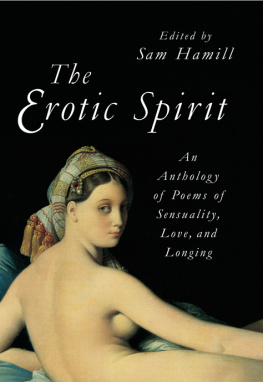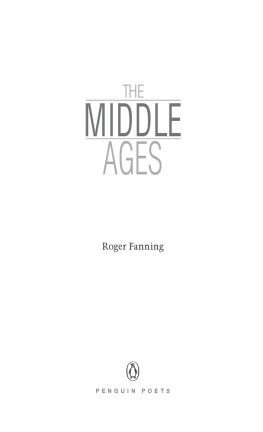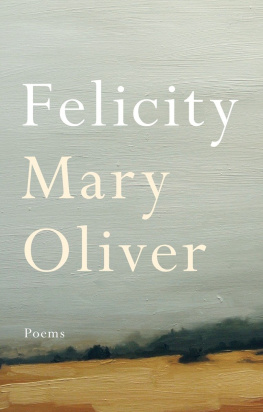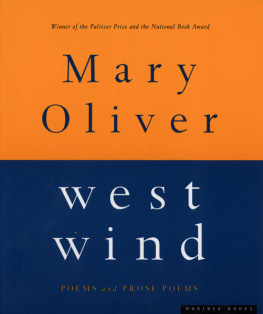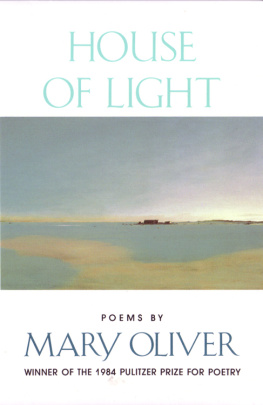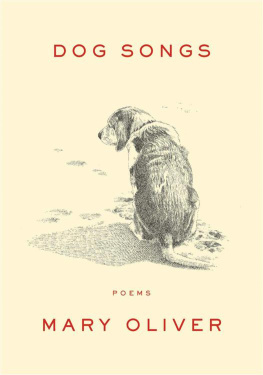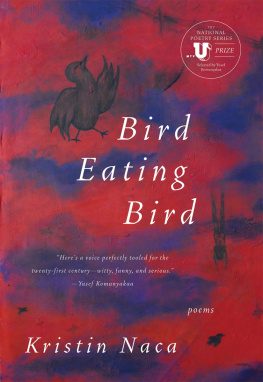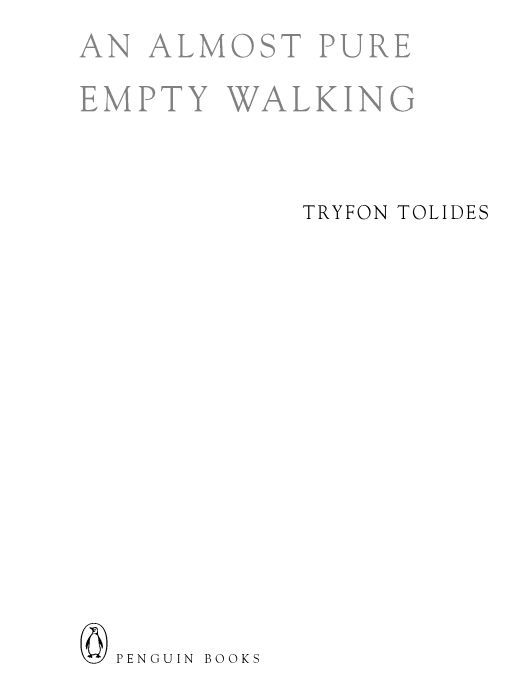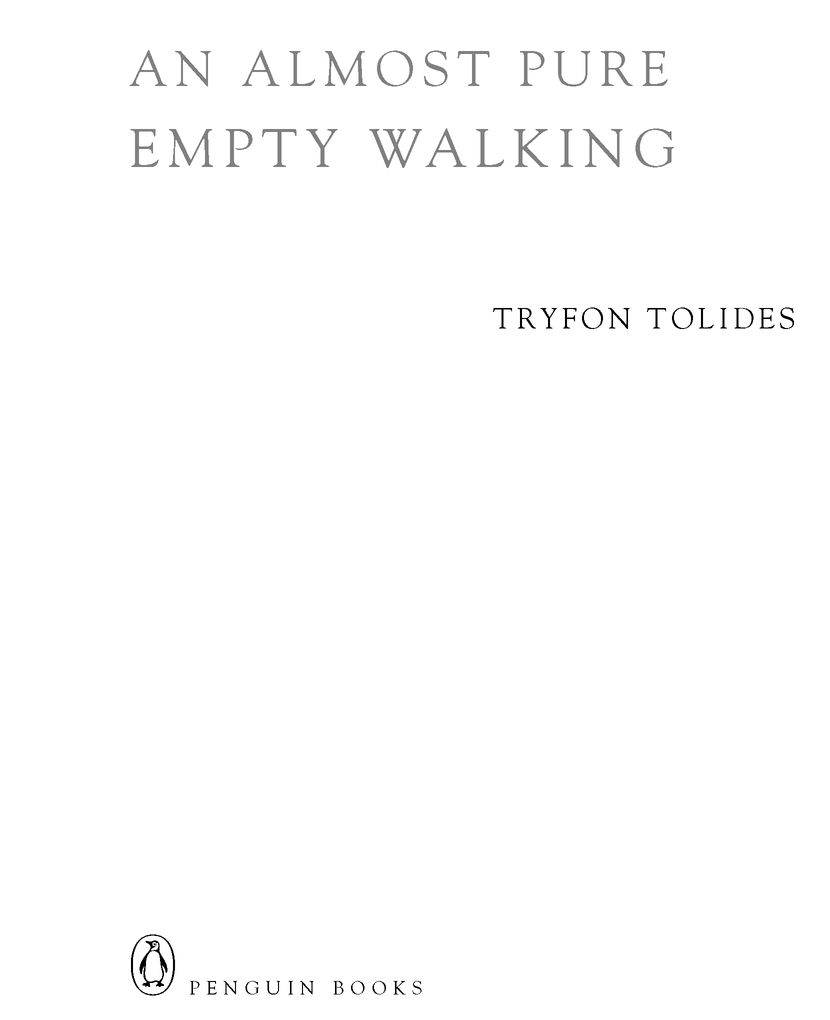Table of Contents
PENGUIN BOOKS
AN ALMOST PURE EMPTY WALKING
TRYFON TOLIDES was born in Korifi Voiou, Greece. He lives and writes in Farmington, Connecticut. He has completed a BFA in Creative Writing at the University of Maine, and a MFA at Syracuse University. He had received a Reynolds Scholarship and the 2004 Foley Poetry Prize.
THE NATIONAL POETRY SERIES
The National Poetry Series was established in 1978 to ensure the publication of five poetry books annually through participating publishers. Publication is funded by the Lannan Foundation; the late James A. Michener and Edward J. Piszek through the Copernicus Society of America; Stephen Graham; International Institute of Modern Letters; Joyce & Seward Johnson Foundation; Juliet Lea Hillman Simonds Foundation; Tiny Tiger Foundation; and, Charles B. Wright III. This project also is supported in part by an award from the National Endowment for the Arts, which believes that a great nation deserves great art.
2005 COMPETITION WINNERS
Steve Gehrke of Columbia, Missouri,Michelangelos Seizure
Chosen by T. R. Hummer, to be published by University of Illinois Press
Nadine Meyer of Columbia, Missouri,The Anatomy Theater
Chosen by John Koethe, to be published by HarperCollins Publishers
Patricia Smith of Tarrytown, New York,Teahouse of the Almighty
Chosen by Edward Sanders, to be published by Coffee House Press
S. A. Stepanek of West Chicago, Illinois,Three, Breathing
Chosen by Mary Ruefle, to be published by Verse Press/Wave Books
Tryfon Tolides of Farmington, Connecticut,An Almost Pure Empty Walking
Chosen by Mary Karr, to be published by Penguin Books
Copyright page
(TK)
For the memory of my parents:
PANAGIOTI AND ZOI
And for my brother:
DEMETRI
A little farther
we will see the almond trees blossoming
the marble gleaming in the sun
the sea breaking into waves
a little farther,
let us rise a little higher
GEORGE SEFERIS, FROM Mythistorema
(TRANSLATED BY EDMUND KEELEY
AND PHILIP SHERRARD)
They were those from the wilderness of stars...
WALLACE STEVENS
IMMIGRANT
My mother called this morning, kept trailing away,
or off, with complaints about her failure
to make it, alone in the house, the night being
long, no one to talk to, blaming, in part, America,
hating the mess weve found, or made this year.
What is America? she said. A hole in the water.
What have we gained but poison and illness?
Her whole message, a cry, though still she asked
what I would eat for lunch. Back in bed,
I listened awhile to the furnace. Then, dressed,
passed the same books and papers spread on the floor,
and out, to the snow, the crows in the park.
ALMOND TREE
I miss smashing the green-covered shells,
peeling the bitter skin, putting the slippery seed
on my tongue.
I miss the outhouse. I miss the wind blowing
through the hole in the floor.
I miss the small door to the fallen balcony
and the swallows nests and their tunnels
stuck to the stone.
I miss the smell of fried eggs, potatoes, and cheese.
I miss the wood-paneled radio with the voices
from Tirane and Skopje.
I miss the dogs at midnight and the church gates
and the steep forest behind the cemetery.
I miss the bundles of tree limbs, the crackling fires,
the crazy bright fields of tan and clover.
I miss going down hills on wood sleds
made from old chairs, greased with pig lard.
I miss the barbed wire fence around the orchard
and climbing the cherry trees and watching ants
on the bark and flicking them off my fingers.
I miss the spring water. I miss the plug to the tap
to the spring water, the cloth and wood.
I miss the walk to the spring. I miss the black sky.
I miss the ghosts in the holy air.
CIRCUS
Once, when I was little,
some gypsies came to the village.
It was a hot Aegean rock-burning sun,
a hot dry fields-on-fire day.
The road was dust at midnoon
while iron bars latched shutters, and people slept
and bees and flies patrolled the flowers
and lizards spat underneath slate
and winds stirred waves of weeds
across the cemetery.
The gypsies would pass through like comets,
restrapping old chairs, selling embroidered
tablecloths, fine rugs, fresh fruit.
The tented pickup made its way
through neighborhood narrows and hands and offers,
and village women in pocketed aprons would emerge
from their houses, as if for the first time,
curious and shy, suspicious, welcoming.
Our mothers sometimes threatened
to give us to the gypsies,
who would bundle us away in their silk bolts
to the distant bazaars,
to sell us in streets, under canopies.
The heat grew like vines that day,
and in a short grass field, bangles of gypsy women
in veils with gold-toothed smiles,
and kicks that spun the earth on its side.
Clarinets and big skin drums played,
and sweat was the shine on faces,
and cats made for the shadow of the quince tree
when suddenly, the circles collapsed into a crowd,
and cheer evaporated,
and voices silenced above a fainted gypsy man.
Someone disappeared toward the well,
and God returned him quickly,
with a pail of water.
Then the gypsys eyes splashed open,
and cracks of laughter resprung along the hillsides,
and the bare feet of gypsy children resumed their dance,
the air filled with the deep boom of drums.
THE FIRST THING: OUSIA
At first, it is one thing. Insignificant and supreme. The first thing.
You develop ways around it. Never solve it. It becomes part of you.
Years pass. Another thing comes. You think: if only I can solve
this new thing, if it will only go away, because the first has become
livable somewhat, with held breaths, and luck (though, truly, you dont
want to have the first thing, because it remains dangerous).
But by the time you think it through, the new thing becomes part
of your nerves. Then, more things pile up. And so, more held breaths,
more luck hoped for. You try to find value in it. In my village,
they say certain pears are best eaten after theyve fallen to the ground
and been there a few days, their bruises grown. The fruit attains its fullest
flavor then, just as with certain soups, you have to suck the bones
of their marrow to get the ousia, the essence, the best part.
ETYMOLOGICAL
The word cancer was like a candy wrapper
from a country Id almost heard of.
Karkinos in Greek. Close to kokkinos,
red. The k makes the crust and scab of the word.
The r the rich tube-like liquid,
possibly to ooze or stain or bulge. In the clinic
above the busy intersection in Thessaloniki.
My Uncle Apostolos bed
was white. What I remember of the word cancer
when the dark of it first dissolved into being:
the metal bed frame was painted white
and round above his head. The sheets had some red
toward his feet, near his stomach. I looked at his face


